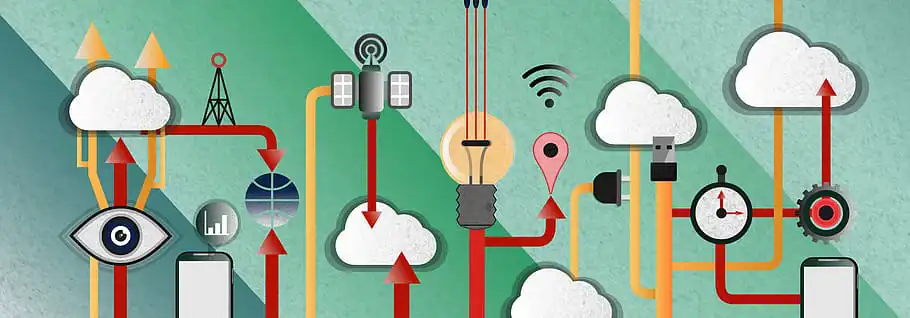Introduction
The digital divide between rural and urban America is a growing concern. In an attempt to bridge this divide, the Federal Communications Commission (FCC) has turned its attention to internet service providers (ISPs) who make false claims about the areas they cover. One such ISP recently faced the heat and was hit with a hefty fine for not sticking to the truth.
A hefty fine for dishonest disclosure
In March, the FCC announced that a cable internet service provider would face a fine for providing misleading information about their broadband coverage. The regulatory body imposed a hefty $10,000 penalty on the ISP, holding them accountable for the dishonest declaration.
According to the FCC, the service provider had stated that its broadband service was available in two different areas in Massachusetts – areas where it did not provide service, in reality. Such deceptive actions by ISPs can distort the true picture of broadband access in the United States, creating false impressions of universal access.

The company under scrutiny appealed against the fine, arguing that it was a simple mistake caused by confusion while filling the FCC’s complex forms. Despite their plea, the FCC was not swayed and upheld the penalty.
Data accuracy and the digital divide
Data accuracy is cardinal for the FCC’s work. The regulatory body relies heavily on data from ISPs to make decisions about deploying funds for improving broadband access, particularly in rural areas where access can be limited.
If ISPs dishonestly disclose information about coverage, this skews the data consumed by the FCC. This could result in funds being misdirected away from parts of the country that are truly in need of better broadband access, exacerbating the digital divide.
Further, by claiming to cover areas that they don’t actually service, ISPs give an inflated impression of broadband access in the country. This can lead to inadequate action being taken to redress gaps in coverage.
The recent case of the fined ISP underlines the importance of honesty in these declarations, and the necessity to check the accuracy of coverage claims made by ISPs.
FCC's commitment to transparency
This penalty highlights FCC’s commitment to ensuring transparency and honesty from service providers. It aims to foster a culture where ISPs make accurate declarations about the areas they cover, thereby offering a true picture of broadband access, and making sure resources are allocated accurately.
False claims hinder progress towards achieving universal broadband access – a goal that the FCC is striving towards. Through actions like these, they make it clear that dishonesty will not be tolerated, and will, indeed, attract legal penalties.
The FCC has previously called out several other ISPs as well for allegedly providing false information. However, this incident is seen as a notable development because it is relatively rare for the FCC to impose financial penalties.
This incident sends a clear warning to all service providers about the consequences of dishonest declarations. Providers who do not respect accuracy and transparency will be held accountable for their actions and may have to face similar penalties.
Conclusion
This case is indicative of the growing concern about the digital divide in America. It underscores the need for transparency from ISPs and the importance of accurate coverage information to ensure resources are deployed where they are needed most.
The $10,000 fine sends a clear message that false claims will not be tolerated. Going ahead, it is hoped that service providers will take note and ensure total transparency while dealing with regulatory bodies like the FCC.
The incident is not just a win for regulatory bodies, but also for consumers who are in dire need of improved broadband access. Indeed, it serves as a landmark case, demonstrating how regulatory bodies can wield their power to protect consumer interests.
As the digital world continues to evolve and broadband becomes more critical than ever, it is hoped that instances of false claims and dishonesty will decrease and eventually disappear. After all, true progress lies in bridging the digital divide, not widening it through dishonesty.